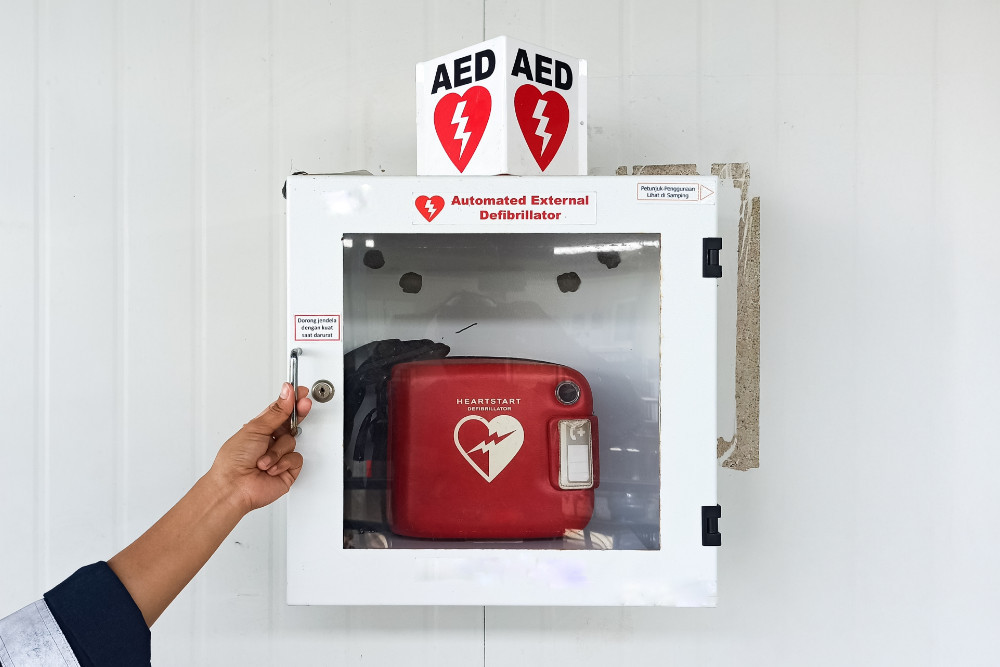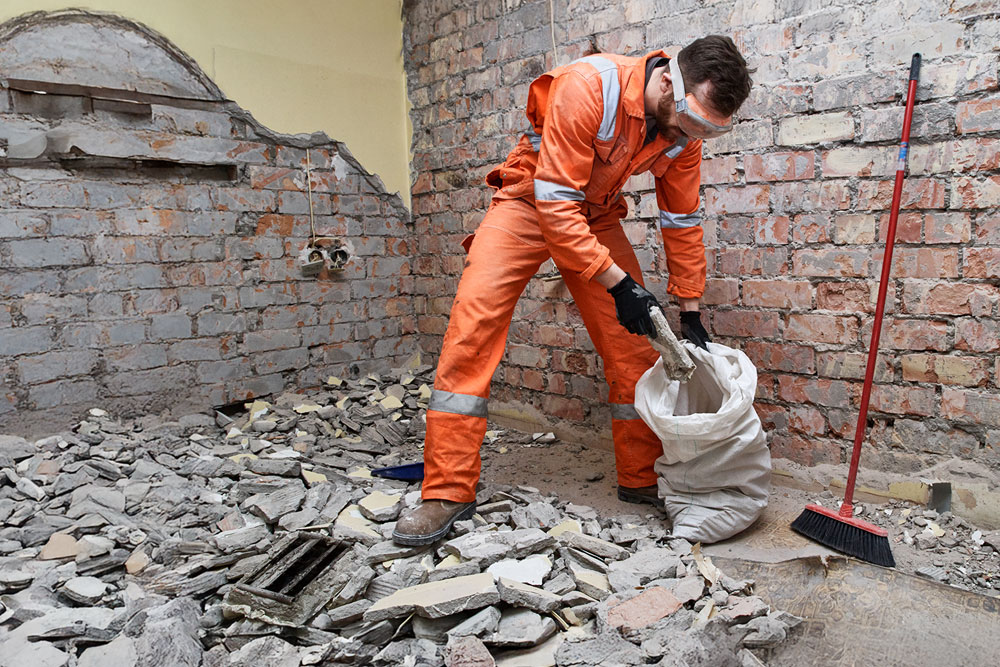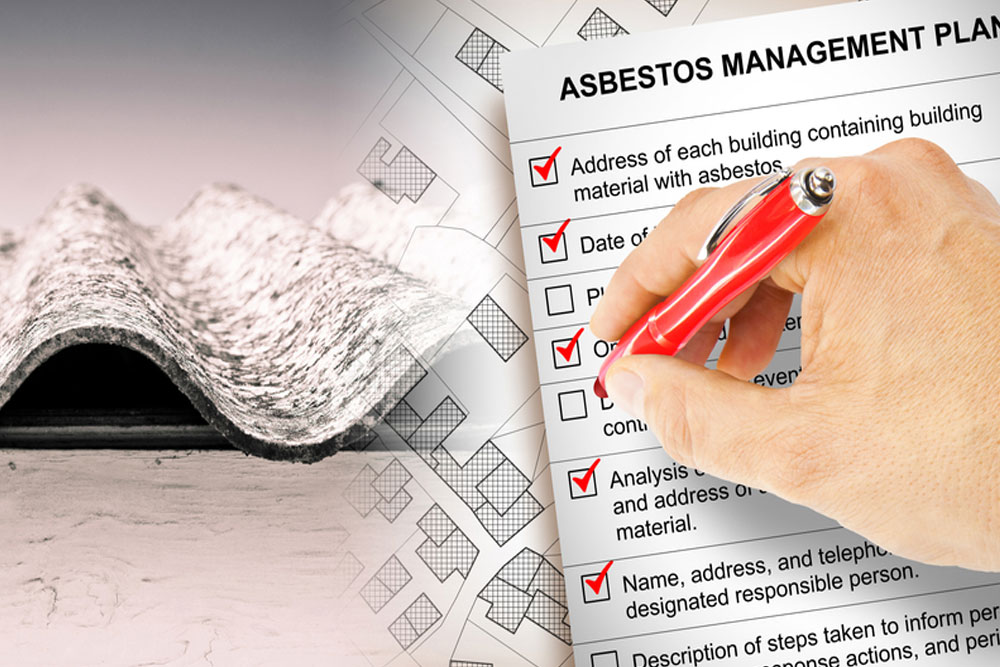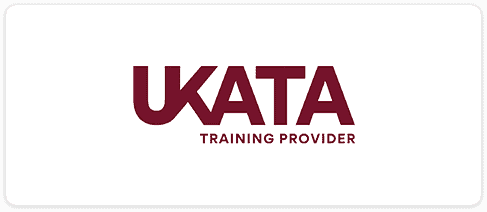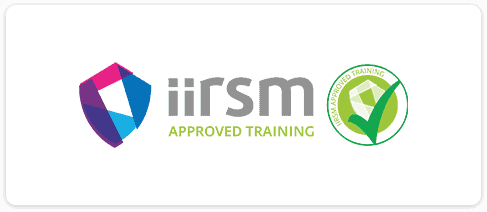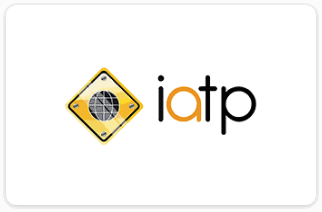Approved online health and safety training courses that coach safer behaviour, reduce risk and support compliance. Trusted by 1,000+ organisations and recognised by leading industry bodies for quality and accuracy.

List of Health and Safety Courses
Best Health and Safety Courses
These five courses help organisations tackle key safety and management challenges found across many workplaces. They raise awareness of hidden risks, support legal compliance, and help control the leading causes of work-related injuries and fatalities.
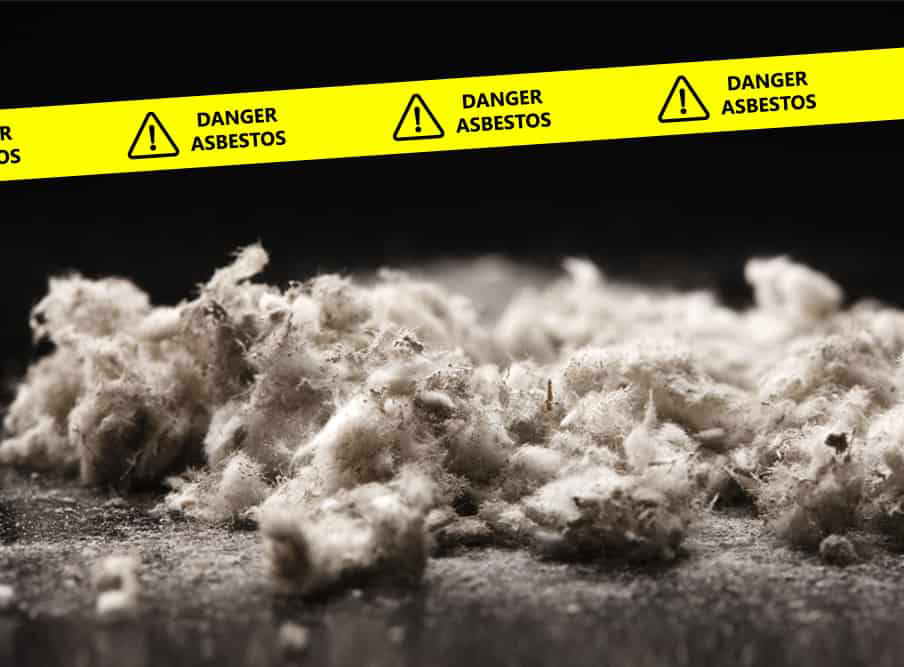
Asbestos Awareness Training
Asbestos Awareness Training gives workers a clear understanding of asbestos risks, where the material is commonly found, and how to prevent accidental exposure. Certain workers must receive this level of training under the Control of Asbestos Regulations (CAR) 2012.
- Who Needs This: Construction workers, tradespeople, surveyors, maintenance staff, and anyone who may encounter asbestos as part of their work.
- Why It Is Important: Asbestos remains the leading cause of work-related deaths in the UK. Raising awareness helps individuals avoid disturbing asbestos-containing materials and protects them from long-term health consequences.
- Benefits: Supports early recognition of asbestos in older buildings, promotes safe work practices, and reinforces legal duties under CAR 2012. It helps trainees identify asbestos risks and avoid unnecessary exposure, helping strengthen overall site safety and compliance.
Learn more about Asbestos Awareness Training
IOSH-Approved Managing Safely
An IOSH-Approved Managing Safely course provides a practical overview of workplace health and safety management. It covers how to assess and control risks, investigate incidents, and evaluate performance. The training also explains key legal duties and the manager’s role in creating a safer work environment.
- Who Needs This: Suitable for managers, supervisors, team leaders, small business owners, HR professionals and anyone responsible for overseeing work.
- Why It Is Important: Poor management contributes to a significant number of workplace injuries. An IOSH-Approved Managing Safely course helps leaders fulfil their legal responsibilities and take steps to improve safety outcomes across their teams.
- Benefits: Equips managers to reduce risk, support legal compliance, and drive safer, more efficient operations through a structured approach to safety management.
Learn more about IOSH-Approved Managing Safely


Manual Handling Training
Manual Handling Training helps workers avoid injury when lifting, carrying, pushing, and pulling loads using physical force. It should cover how to assess manual handling risks and move loads safely and as required by the Manual Handling Operations Regulations 1992.
- Who Needs This: Suitable for warehouse staff, construction workers, factory workers, office workers, and anyone else who might have manual handling duties.
- Why It Is Important: Manual handling is one of the most common causes of workplace injury. Without proper training, staff are at risk of long-term musculoskeletal disorders that can lead to extensive time off and costly claims.
- Benefits: Helps employees recognise manual handling risks, assess tasks before starting, and apply safer lifting techniques. It supports compliance by building awareness of legal duties for both workers and employers.
Learn more about Manual Handling Training
Working at Height Training
A Working at Height Training course explains how to plan and carry out tasks at height safely. It introduces key hazards, appropriate use of equipment, and control measures required to meet legal obligations and reduce the risk of falling.
- Who Needs This: Suitable for construction workers, maintenance teams, warehouse staff, utility workers, safety officers, and site managers.
- Why It Is Important: Falls from height are the leading cause of workplace fatalities in the UK. A working at height training course helps workers and supervisors identify height-related risks, understand their responsibilities, and follow safe procedures.
- Benefits: Supports safer planning and execution of work carried out at height and helps ensure compliance with the Work at Height Regulations 2005.
Learn more about Working at Height Training


Accident Investigation Training
An Accident Investigation Training course guides learners through the process of examining workplace incidents to identify their causes and prevent future occurrences. It outlines how to gather evidence, analyse root causes, and apply findings to prevent future accidents.
- Who Needs This: Health and safety officers, HR or facilities managers, risk and compliance leads, and accident investigators.
- Why It Is Important: Understanding the cause of an accident and acting on those findings reduces the likelihood of repeat incidents and supports legal reporting duties.
- Benefits: Introduces the key steps of workplace accident investigation and helps learners develop a structured approach to identifying root causes and recommending improvements.
Learn more about Accident Investigation Training
Trusted by over 20,000 organisations in the UK
Frequently Asked Questions
Yes. Workers must complete relevant health and safety courses along with certificates in the UK to ensure compliance with regulations and promote occupational safety.
The certification for our courses generally lasts up to three years. After that, it’s necessary to retake the training to refresh your knowledge and renew your certification.
Yes. All Human Focus courses are accredited, assured or certified by notable bodies such as UKATA, IIRSM, RoSPA, IOSH, RSC, IFSM and CPD.
